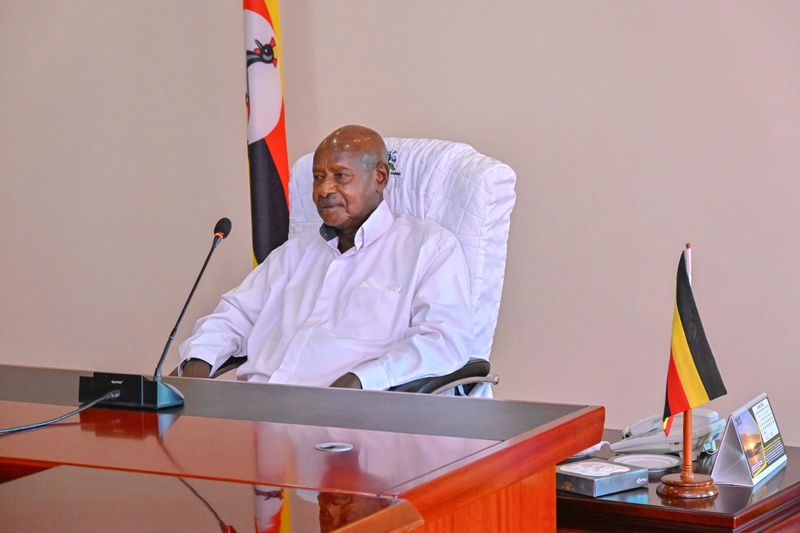
President Yoweri Kaguta Museveni has once again sounded the alarm against what he called kumemerera—the tendency of spreading government resources too thinly across too many sectors—urging national leaders to adopt focused, strategic budgeting to achieve sustainable development.
In a strongly worded address to Ugandans, especially the youth (Bazzukulu), Museveni reiterated that Uganda must return to disciplined planning and concentrate resources on priority sectors such as roads, electricity, security, and wealth creation before expanding into other areas.
“Trying to be everywhere at the same time ends up being nowhere; trying to do everything at once ends up doing nothing properly,” Museveni said, recalling his long-standing stance on the need to avoid fragmented development plans.
Drawing lessons from the National Resistance Army (NRA) and Uganda People’s Defence Forces (UPDF), Museveni highlighted the strategic decision to prioritise lethal capability and personnel over creature comforts. “Some soldiers still live in grass-thatched huts because we chose weapons and strength over posh barracks and cars, unlike previous regimes,” he said.
Museveni criticised previous civil service and political decisions that prioritized salary increases and infrastructure at the expense of basic national needs. He likened the approach to “a stupid man told his house is on fire, but instead asks people to prepare his bed.”
Museveni cited 2005 as a pivotal moment when he “put his foot down” and directed resources squarely toward roads and electricity. He revealed that Uganda’s over-reliance on donor-funded projects had failed, citing how promised reconstruction of roads such as Kampala-Masaka and Kampala-Mityana, and a northern power line, were abruptly withdrawn by donors.
“I told our people to forget about the donors. We must build our country using our own scarce resources and the NRA strategy of kamwe kamwe nigwo mugaanda (one by one makes a bundle),” Museveni declared.
From that year, road and electricity budgets were dramatically increased. The road sector budget jumped from Shs 374 billion to over Shs 4.4 trillion annually, while electricity funding rose from Shs 133 billion to more than Shs 2.3 trillion. This led to major successes, including ending blackouts and expanding the national power grid to nearly all districts.
Warning: Kumemerera Creeping Back
Despite these successes, the President warned that the spirit of kumemerera appears to be returning, especially in the road sector. He categorised Uganda’s roads into three: well-maintained new roads, deteriorated older roads due to underfunding, and neglected local government roads often mismanaged at the district level.
He singled out roads such as Mityana–Mubende–Kyenjojo and Mukono–Jinja as examples of neglected infrastructure that once thrived but are now suffering from poor maintenance. He confirmed the Ministry of Works’ budget currently stands at Shs 5.9 trillion but warned that much of it is diverted to projects like the Standard Gauge Railway and Uganda Airlines, leaving only Shs 3.2 trillion for actual road maintenance.
“The one who is not overambitious goes far (akwaata empola, atuuka wala),” Museveni said, urging leaders to respect the logic of gradual and prioritised development.
Museveni promised imminent upgrades to several key roads, including Ibanda–Mbarara, Ishaka–Mbarara, and Mukono–Jinja, alongside new roads like Jinja–Budondo–Kamuli and Bwizibwera–Nsiika–Nyakabirizi. These, he said, will be part of the upcoming NRM manifesto.
“If two animals jump out of the bush and you try to spear both, you will catch neither,” the President quipped, emphasising the futility of diluted priorities.
While championing strategic spending, Museveni did not ignore possible corruption in infrastructure projects. “I have heard of some stories that there may be inflation of costs in some roads. Stay tuned on this channel. We may get some additional information,” he hinted.


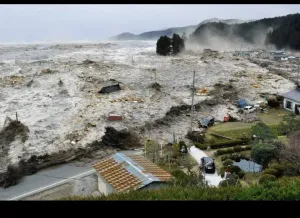

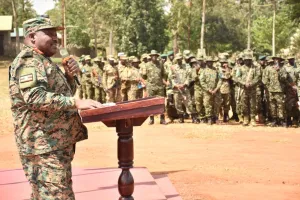
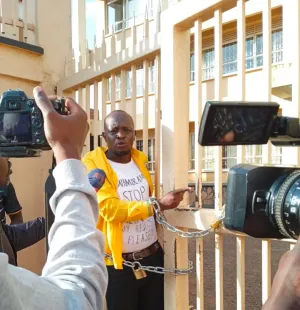





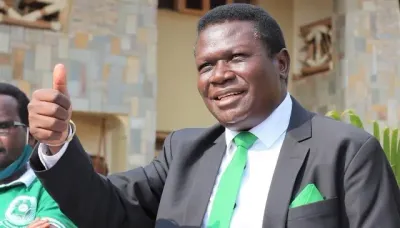
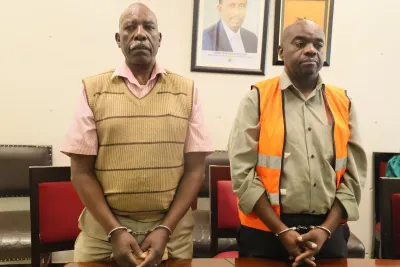
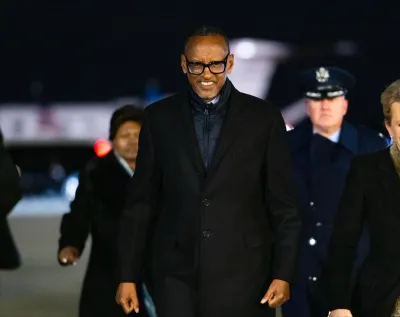
Aldrige Kennedy
Leave a Comment
Your email address will not be published.